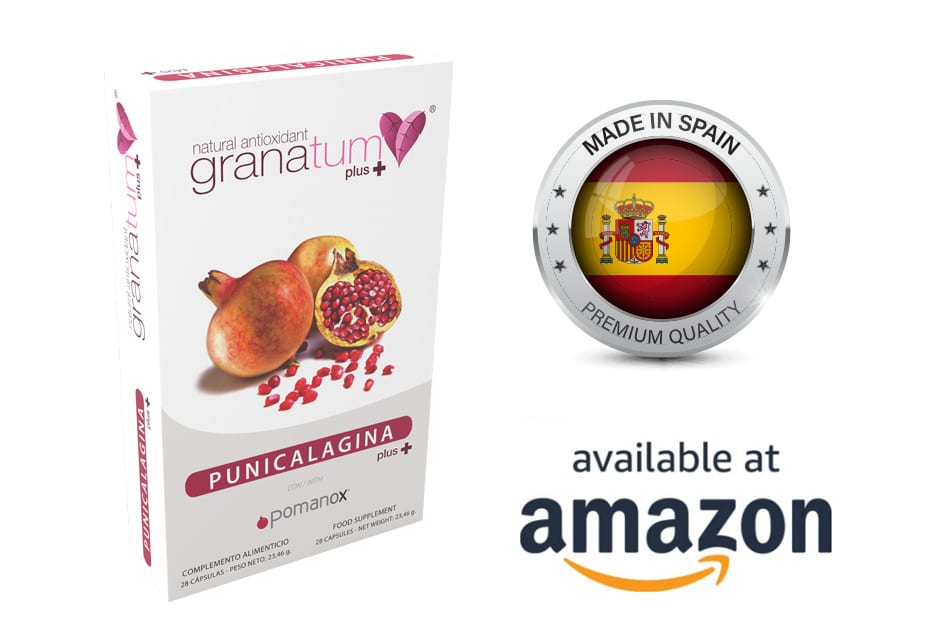
Punicalagin extracted from pomegranate could be a novel therapeutic strategy for cervical cancer human.
Human papillomavirus (HPV) infection is currently the most prevalent sexually transmitted disease (STD) in the world. This infection is caused by more than 150 types of viruses, and its main symptoms are the appearance of warts on the hands, feet and genitals. The terms high-risk or low-risk virus is used to classify the various papillomavirus types according to their greater or lesser capacity to cause malignant transformation of the cells they infect, degenerating into cancer. Thus, type 16 and 18 HPVs, which are high-risk types, cause approximately 70% of invasive cervical cancers. The severe consequences of type 16 and 18 HPV infections can be attributed to the two transforming oncoproteins E6 and E7, that participate in a wide variety of biological processes, such as programmed cell death, cell division, proliferation and differentiation, among others. Therefore, several therapeutic strategies based on these proteins have been developed to treat cervical cancer. On the other hand, punicalagin is a natural product extracted from pomegranate peel. Previous studies have suggested that punicalagin can exhibit anti-cancer, anti-inflammatory, antioxidant, and antiviral activities.
Very recently, Xialin Xie and co-workers at the University of Chinese Academy of Science, have investigated the mechanism underlying the antitumor activity of punicalagin against cervical cancer with a special focus on its effect on the main oncoproteins. The authors have discovered that punicalagin was able to induce autophagic degradation of the oncoproteins E6 and E7 responsible for severe consequences of the HPV. But, ¿what is the meaning of “autophagic degradation”? Autophagy is a process by which a cell breaks down and destroys old, damaged, or abnormal proteins and other substances in its cytoplasm. In addition, this process also contributes to the destruction of viruses or bacteria that cause infections. However, it has been observed that the virulence of HPV is mainly due to its ability to inhibit this cell recycling mechanism. Therefore, punicalagin could counteract this effect of the virus by activating autophagy and degrading oncoproteins E6 and E7, thus inhibiting HPV-infected cervical cancer. The antitumor capacity of punicalagin was verified both in vitro and in vivo. These findings will enable the development of novel therapeutic strategies for cervical cancer.


